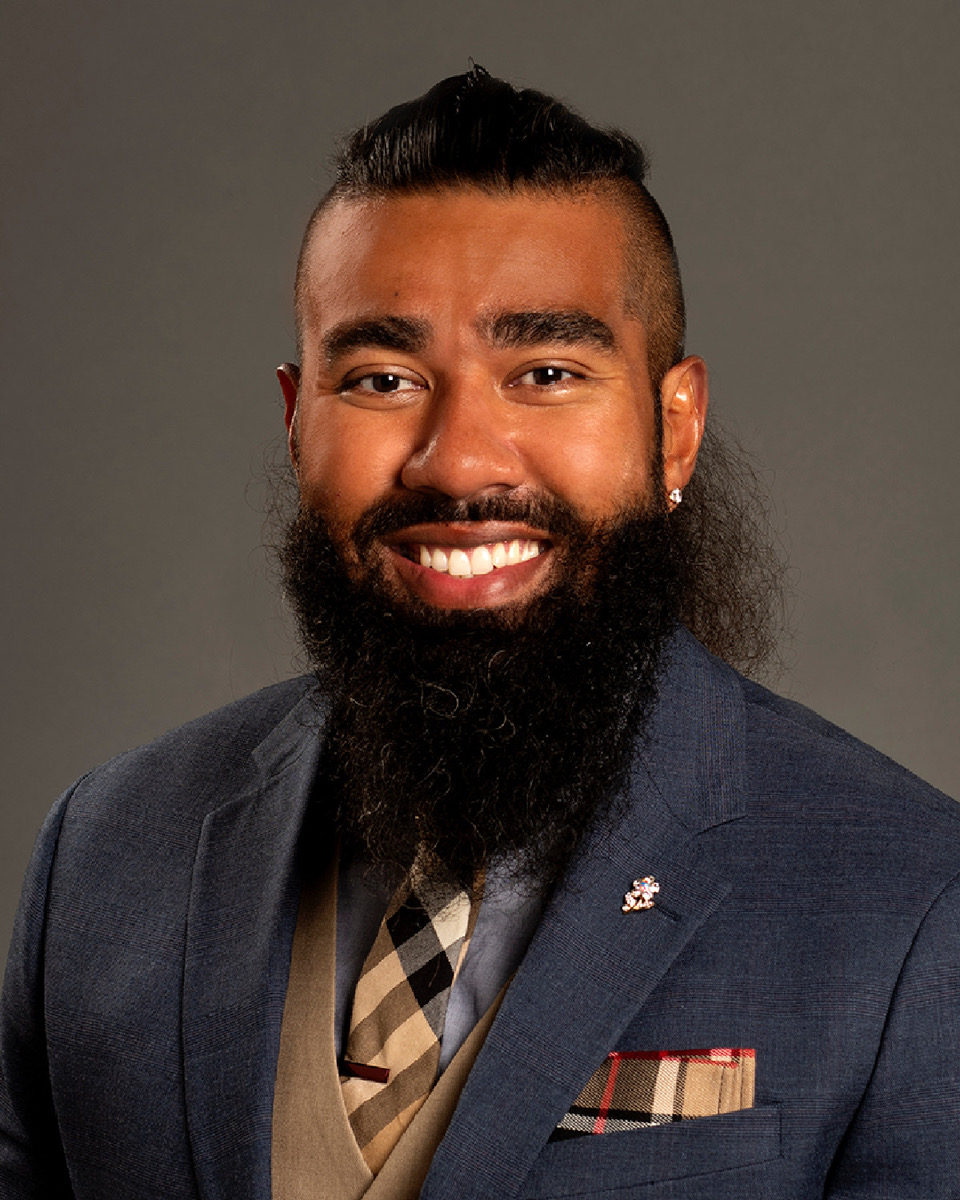With an Islamic last name, I earned my doctorate from a Jewish university: Dr. Nafees Alam, class of 2019, Yeshiva University — Wurzweiler School of Social Work.
I am neither a Jewish scholar nor a scholar of Islam, but rather a citizen of the human race and a social scientist who yearns for peace in the Middle East. I have family members who are appalled that I do not side with Palestinians, and I have friends who are shocked that I do not side with Israelis.
I am willfully and gleefully ignorant of the specifics, making me minimally knowledgeable but maximally neutral. Experts have tried to resolve this conflict for centuries; perhaps it’s time for a novice’s attempt.
The Israeli-Palestinian conflict has so much history, for thousands of years, that the questions about who hit first, who hit most and who hit the hardest all yield different answers based on who asks and who answers.
The overwhelming amount of history between these sides makes this a unique situation where the terms of engagement may require us to look at the future and overlook the past. Both sides have kept their own scores, and both feel they are the underdogs wronged by the other. Thus, both sides believe they are rightfully entitled to what they think they are owed.
To laypeople, the Earth has no shortage of land. Still, to the religiously and culturally implicated, there is one holy land that the opposition aims to fully occupy. Moving forward in search of peace may mean intentionally not looking back to see who has had it worse and who is owed more. I’ve written on empowering people to find truce and coexist with one another. Still, I’ve also written that people are more likely to come together against a common enemy than a common cause.
Establishing the terms of engagement for resolving the Israeli-Palestinian conflict may begin with (a) agreeing to forward-facing blinders in negotiations and (b) introducing a common enemy against whom both sides can come together.
Forward-facing blinders may be easily negotiated, but what is someone or something that Israelis and Palestinians hate more than each other? Humans are more inclined to hate than to love, so what can Israelis and Palestinians hate together since nothing seems to be bringing them together through love?
A worldwide pandemic wasn’t the solution, nor were periods of famine, drought, or one of the longest wars in recorded human history. We know what hasn’t worked, so the danger of innovation through artificial intelligence endangering traditional values and lifestyles may be the uniting force. If both sides are in equal danger of literal or figurative extinction, could they unite?
The science-fiction analogy of an alien invasion could be the uniting force. I certainly don’t have the answer to this question, but I do know that no common cause in history has brought Israelis and Palestinians together for lasting peace in the Middle East. Introducing a significant common enemy, more significant than any from the past, may be the solution that resolves a conflict that has lasted for thousands of years.
In May 2019, I graduated from Yeshiva University and was the graduation speaker. The topic of my commencement address was freedom of thought and intellectual diversity. I spoke of how welcome I felt over six years at a Jewish university and how the principles of academic freedom created an environment for every student to find success without losing themselves.
Yeshiva prepared me with the tools necessary to take what I’ve learned and build a career in public speaking and writing, culminating in being one of the many scholars featured in the Heterodox Academy Speakers Bureau.
With an Islamic last name, I felt the love and support of a Jewish university, molding me into the scholar I have become. I only hope that such love and support can exist between Israelis and Palestinians someday.


